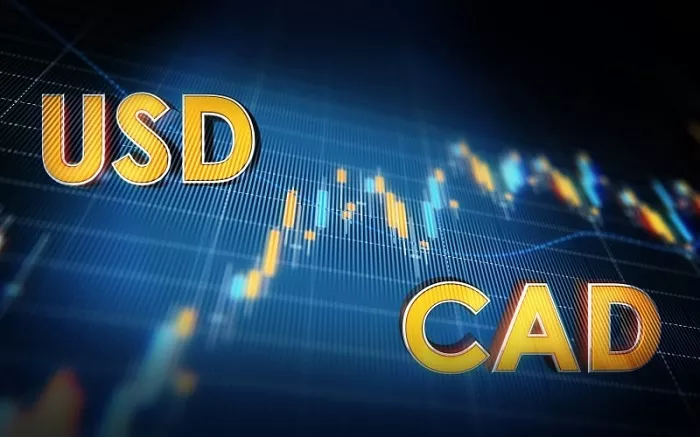The USD/CAD pair is maintaining a steady position above the 1.4200 mark, trading at approximately 1.4230 during the early hours of Thursday in Asia. This stability follows two consecutive days of gains, primarily driven by concerns over new tariffs announced by US President Donald Trump. Trump confirmed that a 25% tariff on pharmaceutical and semiconductor imports will take effect in April, while also reaffirming that the 25% auto tariffs will remain in place. These developments are contributing to heightened global trade tensions, which are likely to continue supporting the pair’s upward momentum.
As the market shifts focus, investors are awaiting key US economic reports, including the weekly Initial Jobless Claims, the CB Leading Economic Index, and the Philly Fed Manufacturing Index, all set to be released during the North American trading session.
The Federal Open Market Committee’s (FOMC) January meeting minutes, published on Wednesday, reinforced the decision to keep interest rates steady. The minutes highlighted the committee’s desire for more time to assess economic trends, labor market conditions, and inflation before contemplating any future rate adjustments. Additionally, the committee agreed that clear evidence of declining inflation would be necessary before any rate cuts are considered.
On the Canadian side, recent inflation data is shifting expectations regarding monetary policy. Canada’s headline CPI inflation rose to 1.9% year-over-year in January, in line with forecasts and slightly higher than the previous month’s 1.8%. Core CPI inflation, which excludes volatile items, accelerated to 2.1% YoY, marking its fastest pace in nearly a year. This data has led market participants to reassess the likelihood of a rate cut by the Bank of Canada (BoC). Following the release, expectations for a 25-basis-point rate cut at the BoC’s March 12 meeting have fallen to below 30%. Scotiabank’s Derek Holt noted that persistent inflationary pressures in Canada are unlikely to prompt the central bank to ease policy further.
In summary, while global trade concerns driven by US tariffs provide support for USD/CAD, market participants are closely monitoring economic data and inflation trends to gauge future policy moves from both the US Federal Reserve and the Bank of Canada.
Related topics:
Dollar and Major Currencies Stabilize Amid Tariff Uncertainty and U.S. Price Data
Singapore’s Economy Exceeds Expectations, Strengthening its Position Amid Global Uncertainties
Oil Prices Stabilize Amid Trump’s Tariff Announcement and Trade Concerns


